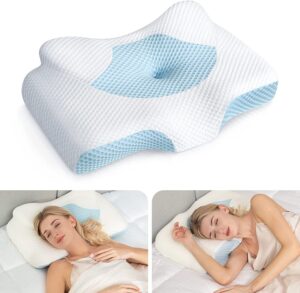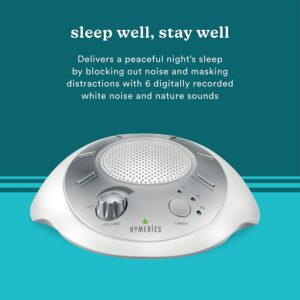As we age, our sleep patterns tend to change. Older adults often have trouble falling asleep, staying asleep, or experiencing deep sleep, which can lead to a range of health issues. Getting adequate restful sleep is crucial for maintaining good physical and mental health in seniors. In this article, we’ll discuss why sleep is important for seniors and provide tips for improving the quality of sleep.
Why is Sleep Important for Seniors?
Sleep is a critical component of overall health and well-being, and it is especially important for seniors. As we age, our bodies produce less of the hormones that regulate sleep, and we become more sensitive to environmental factors that can disrupt our sleep patterns. Insufficient or poor-quality sleep can lead to a range of health problems, including:
1. Memory impairment and cognitive decline
2. Increased risk of falls and accidents
3. Depression and anxiety
4. Cardiovascular disease
5. Weakened immune system
6. Diabetes and obesity
Tips for a Good Night’s Rest
If you’re a senior struggling to get a good night’s rest, there are many things you can do to improve your sleep quality. Here are some tips to help you sleep better:
-
Stick to a sleep schedule: Go to bed and wake up at the same time every day, even on weekends. This helps regulate your body’s internal clock and can improve the quality of your sleep.
-
Create a relaxing bedtime routine: Take a warm bath, read a book, or listen to soft music before bed. These activities can help you unwind and prepare for sleep.
-
Keep your bedroom dark, cool, and quiet: Create a comfortable sleep environment by keeping your bedroom dark, cool, and quiet. Use blackout curtains to block out light, keep the temperature between 60-67°F, and use earplugs or white noise machines to reduce noise.
-
Avoid caffeine and alcohol: Caffeine and alcohol can interfere with sleep, so it’s best to avoid them in the hours leading up to bedtime.
-
Get regular exercise: Regular exercise can improve the quality of your sleep, so try to get at least 30 minutes of physical activity most days of the week.
-
Avoid napping: Napping during the day can make it harder to fall asleep at night. If you must nap, keep it short (no more than 20-30 minutes) and avoid napping late in the day.
-
Talk to your doctor: If you’re still having trouble sleeping, talk to your doctor. They can rule out underlying health problems and provide additional treatment options if needed.
Getting a good night’s rest is crucial for maintaining good physical and mental health in seniors. By following these tips and making sleep a priority, you can improve the quality of your sleep and enjoy the many health benefits that come with it. Remember, it’s never too late to start prioritizing sleep and taking steps to improve your overall health and well-being.

Sleep Headphones, White Noise Bluetooth Sleep Mask 3D Wireless Sleeping Eye Mask for Timing, Sleep Mask with Bluetooth Headphones for Side Sleepers Travel Yoga, Cool Gifts for Men Women.
Dr Teal’s Sleep Spray, Melatonin & Essential Oils

Osteo Cervical Pillow for Neck Pain Relief, Hollow Design Odorless Memory Foam Pillows with Cooling Case, Adjustable Orthopedic Bed Pillow for Sleeping, Contour Support for Side Back Stomach Sleepers.

Homedics SoundSleep White Noise Sound Machine, Silver, Small Travel Sound Machine with 6 Relaxing Nature Sounds, Portable Sound Therapy for Home, Office, Nursery, Auto-Off Timer.
Read also: Mindfulness and meditation for seniors






